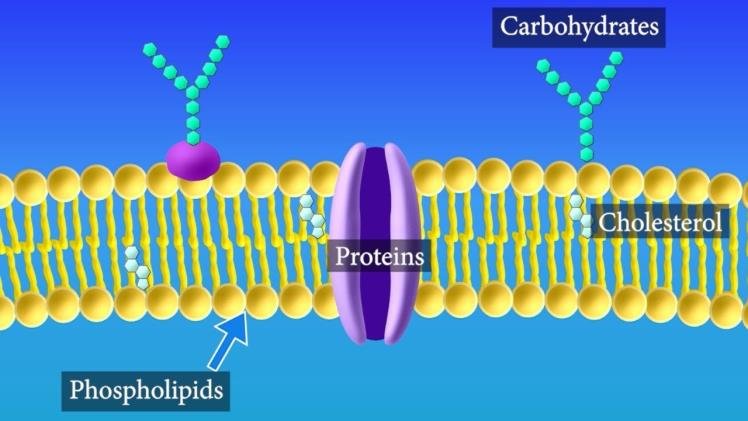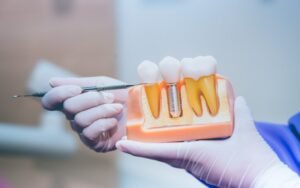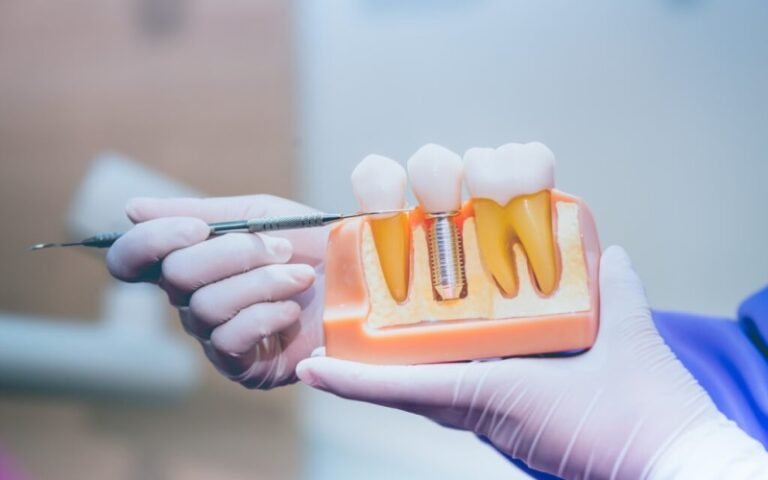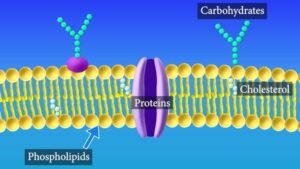Dual Insights
Trending Now
Split Block Title
Pregabalin 300mg Capsules: Fast Relief for Nerve Pain & Anxiety
Nerve pain or anxiety is not a simple condition to live with, and it might influence life in general, sleep, and well-being. Pregabalin 300 mg...
UKHeal: Empowering You to Take Charge of Your Mental Wellbeing
Mental health is equal to physical one, but it is not given...
Grid List
Recent News
Must Read
Article Group
Pregabalin 300mg Capsules: Fast Relief for Nerve Pain & Anxiety
Nerve pain or anxiety is not a simple condition to live with, and it might influence life in general, sleep,...
UKHeal: Empowering You to Take Charge of Your Mental Wellbeing
Mental health is equal to physical one, but it is not given enough attention in the hustle and bustle of...



















